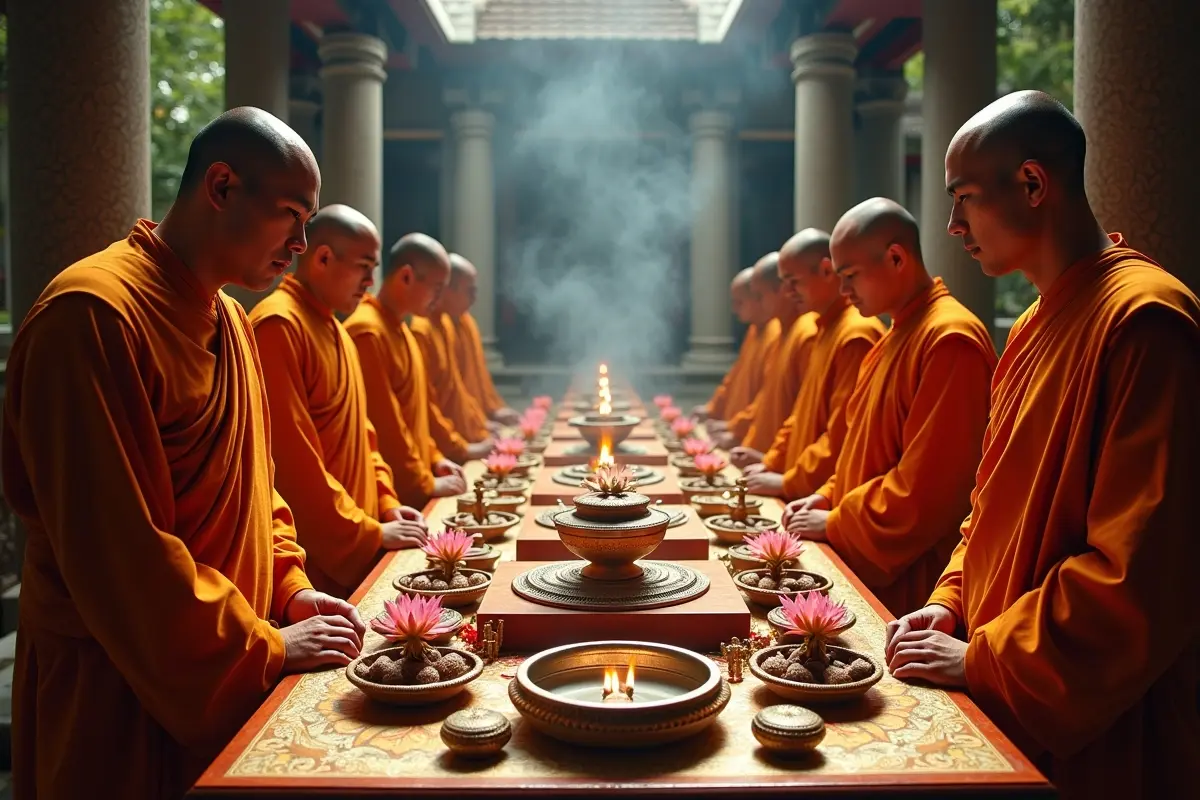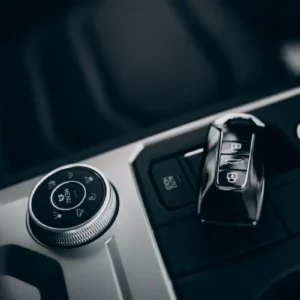Buddhist funeral practices are deeply rooted in centuries of tradition, embodying profound spiritual beliefs and rituals that honor the deceased while offering comfort to the living. But in our rapidly changing world, modern influences are reshaping how these funerals are conducted.
If you’re navigating the choice between a traditional Buddhist funeral package and a modern one, you’re not alone. This decision isn’t just about honoring cultural heritage; it’s also about finding a meaningful way to say goodbye that resonates with the departed and those they leave behind.
Contents
Tailoring the Perfect Farewell
Before we go into detail about traditional and modern funerals, it’s important to note that you can have elements of both. When planning a Buddhist funeral, you don’t have to choose strictly between traditional and modern approaches. Many families find that a blend of both offers the best way to honor their loved one when choosing a Buddhist funeral package, allowing for a ceremony that respects cultural traditions while incorporating personal touches that make the service uniquely meaningful.
The Essence of a Traditional Buddhist Funeral
A traditional Buddhist funeral is steeped in rituals and customs that reflect the teachings of the Buddha. The primary goal? To help the deceased transition smoothly to their next life, ensuring a favorable rebirth.
Key Elements of a Traditional Buddhist Funeral:
- Chanting and Prayers – Monks often lead the service, chanting sutras (sacred texts) and offering prayers to guide the departed soul.
- Offerings and Alms-Giving – Food, incense, and flowers are offered to the Buddha and to the deceased. These offerings are symbolic gestures, representing respect and the impermanence of life.
- Rituals and Ceremonies – Various rituals, such as the bathing ceremony, where the body is cleansed as a sign of respect, are integral parts of the service.
- Merit-Making – Family and friends may engage in acts of charity or other good deeds on behalf of the deceased to accumulate merit, which is believed to aid in a better rebirth.
- Cremation or Burial – Traditional Buddhist funerals often culminate in cremation, symbolizing the release of the soul from the physical body. However, some may opt for burial, depending on regional or sectarian practices.
The traditional approach is rich in symbolism, offering a deep connection to Buddhist beliefs and a sense of continuity with the past. It’s a way of ensuring that cultural and spiritual legacies are preserved, offering a comforting familiarity for those who grew up within these traditions.
The Rise of Modern Buddhist Funeral Packages
In contrast to the traditional approach, modern Buddhist funeral packages offer a blend of time-honored rituals with contemporary practices. These packages are designed to cater to a more diverse, often international audience, who may want to incorporate Buddhist elements without adhering strictly to every traditional ritual.
Why Choose a Modern Package?
Modern funeral packages often emphasize flexibility and personalization, allowing families to create a service that reflects the individuality of the deceased while still respecting Buddhist principles.
What Sets Modern Buddhist Funeral Packages Apart:
- Personalization – Families have the option to customize the ceremony, incorporating personal touches like favorite music, readings, or even multimedia presentations.
- Simplified Rituals – While still incorporating key Buddhist elements, modern packages may streamline or adapt rituals to fit the family’s preferences or time constraints.
- Cultural Fusion – Modern packages may blend Buddhist practices with other cultural or religious traditions, especially in multicultural families.
- Eco-Friendly Options – With growing awareness of environmental issues, many modern packages offer green burial or cremation options, aligning with Buddhist values of respect for all life.
- Technology Integration – Some modern services include live streaming for friends and family who cannot attend in person, ensuring that the community can still come together, even from a distance.
The modern approach is appealing to those who wish to honor Buddhist traditions but also want a ceremony that feels relevant and reflective of contemporary life. It’s a way to pay homage to the past while acknowledging the present, providing a space where tradition and innovation coexist.
Finding the Right Balance
Deciding between a traditional or modern Buddhist funeral package is a deeply personal choice. It’s about more than just picking a package off a list—it’s about considering what feels right for your family, what honors the memory of your loved one, and what brings comfort to those who are grieving.
Considerations When Making Your Choice:
Cultural Connection
How important is it to maintain a strong link to traditional customs and rituals? If cultural preservation is paramount, a traditional package may be the way to go.
Personal Beliefs
Reflect on the beliefs of the deceased and their closest family members. A modern package might offer the flexibility needed to accommodate diverse or evolving beliefs.
Community and Support
Consider the expectations and needs of your extended community. Traditional ceremonies may provide a shared, familiar framework, while modern options might better serve a geographically dispersed or culturally diverse group.
Environmental Impact
If environmental concerns are a priority, modern packages that offer green burial or cremation options may be more aligned with your values.
Creating a Meaningful Farewell
At the end of the day, whether you choose a traditional or modern Buddhist funeral package, what matters most is that the ceremony feels authentic and meaningful. It’s about creating a space where grief can be expressed, memories can be shared, and the life of the deceased can be honored in a way that resonates with everyone involved.
The journey of saying goodbye is never easy, but by carefully considering the type of service that best suits your loved one, you can ensure that their send-off is as special and unique as they were. Whether through the timeless beauty of tradition or the thoughtful customization of modern practices, the most important thing is that the ceremony reflects the love and respect you hold for the person who has passed.





